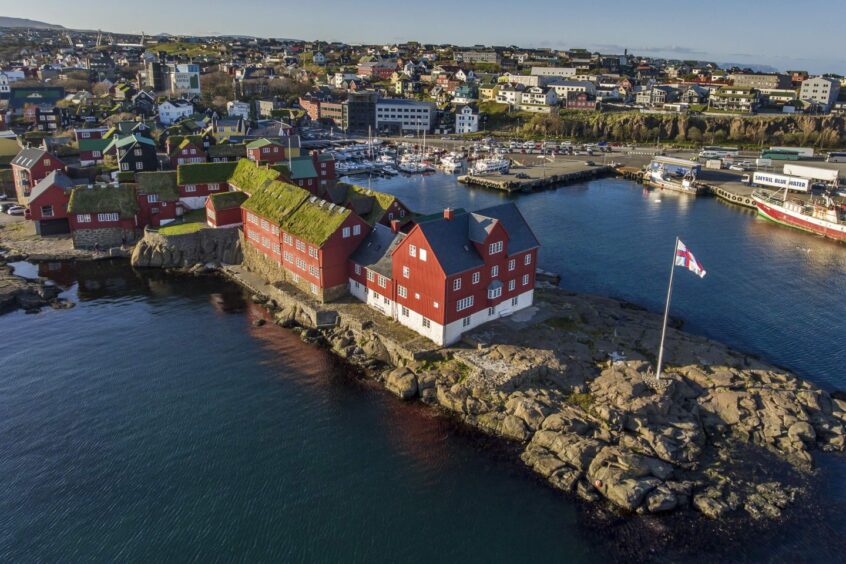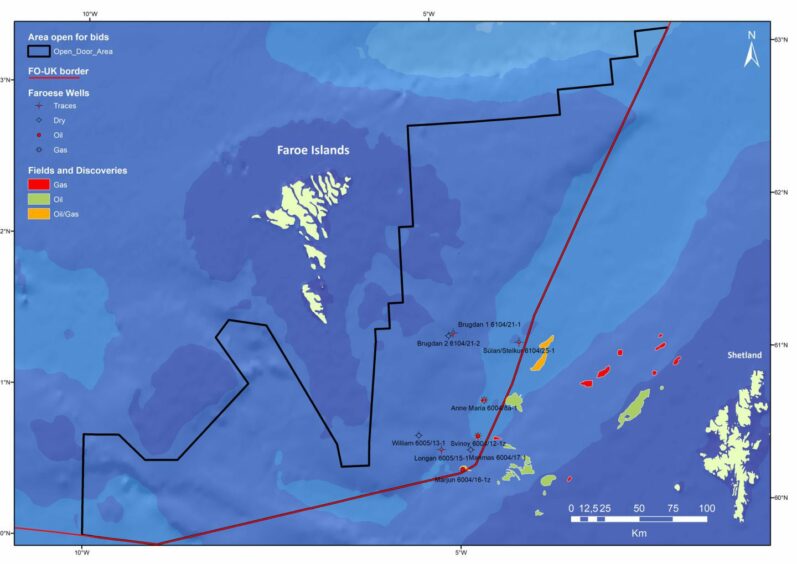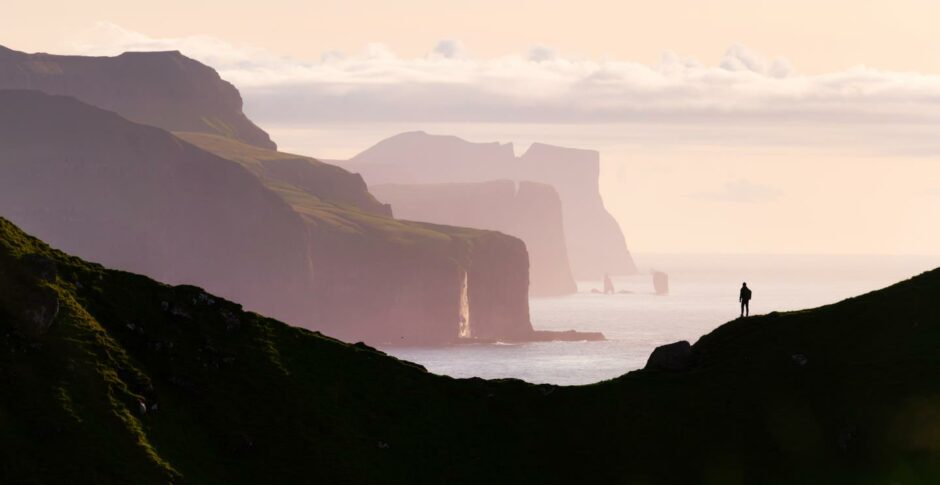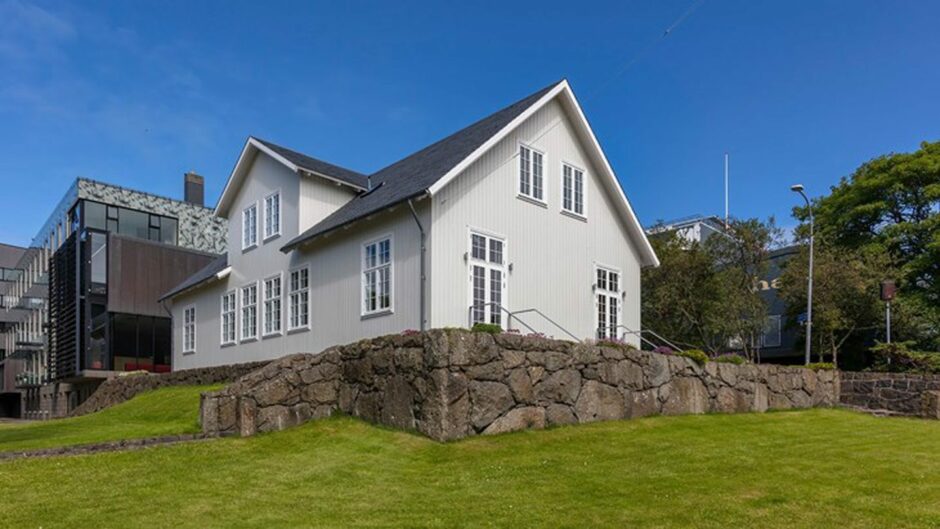
Given that energy policy now goes hand in hand with ideology – in certain places anyway – a change of government can often mean a radical change of tack, particularly on oil and gas.
It is notable, therefore, that despite taking a leftward turn following a general election on December 8, the Faroe Islands has not ruled out future North Sea exploration or production in its waters.
At the tail end of 2022, a new centre left coalition took office, led by Prime Minister, and former footballer, Aksel Johannesen.
In government, his Social Democratic Party are propped up by the Republican Party and the Liberal Party, meaning public opponents of the oil and gas industry now walk the Faroese corridors of power.
More of the same
It sparked rumours that the country could reverse its previous position, and join the rest of the Danish Commonwealth at the table of the Beyond Oil and Gas Alliance, a coalition of eight core members committed to phasing out hydrocarbons.
In response to such speculation, Hogni Hoydal, deputy prime minister and head of the Republicans, recently clarified the new government’s stance on oil and gas.
To summarise, there will be no new exploration licensing rounds in Faroe Islands’ waters, but the nation remains open for out of rounds bids – in other words, there has been no change to the current open door regime.
A particular focus will be given to green energy though, with Mr Hoydal, also the country’s minister for foreign affairs and trade, declaring it the new government’s top priority.
In support of that ambition, a ministry of environment and energy brief has been created to lead the Faroes on the road to meeting its entire electricity needs from renewables – wind, hydro and tidal – by the end of the decade.
West of Shetland development could change things
As it stands, the country has no producing oil and gas assets, but the UK industry’s ongoing growth West of Shetland could change that as more energy infrastructure springs up in the region.
Westminster’s energy profits levy, or North Sea windfall tax, gives those who dream of a Faroese oil and gas industry further cause for optimism.
A chance to swerve the UK’s 75% levy on producers will likely increase the attractiveness of the nation as base from which to do business West of Shetland – the highest marginal rate of tax on the islands is about 55%.
Moreover, in recent times the country has sought to distance itself from the anti-exploration stances adopted by the rest of the Kingdom of Denmark.
As recently as last summer, regulatory body the Faroese Geological Survey (FGS) said there remains “interest” in hunting for oil and gas reserves in the rough seas around the islands, about 210 miles west of Shetland.
Meanwhile, the Faroes Energy Industry Group (FOIB) has repeatedly stated that public opinion still favours the prospects of oil and gas exploration, something that the group maintains has not changed.
Cross party support
Indeed, a recent debate in the Logting – during which Mr Hoydal set out the government’s energy stall – “illustrated that the long-standing cross party support in favour of oil and gas exploration in the Faroes still exists”, the FOIB said.
According to the group, with the “exception of a couple of dissenting voices”, parliamentarians generally backed the government’s decision to keep the exploration door ajar.
It added: “As well as stressing the imperative of establishing whether the nation had a valuable natural resource in the subsoil, the arguments in favour also cited the world’s continuing need for oil and gas and the desirability of the Faroes being able to contribute to Europe’s energy security.
“Although no formal vote was taken the National Broadcasting Corporation, Kringvarp Foroya, reported the outcome as showing that a large majority of the Logting were in favour of exploration.”
Recommended for you


 © Supplied by FOIB
© Supplied by FOIB © Shutterstock / Smit
© Shutterstock / Smit © Supplied by FOIB
© Supplied by FOIB